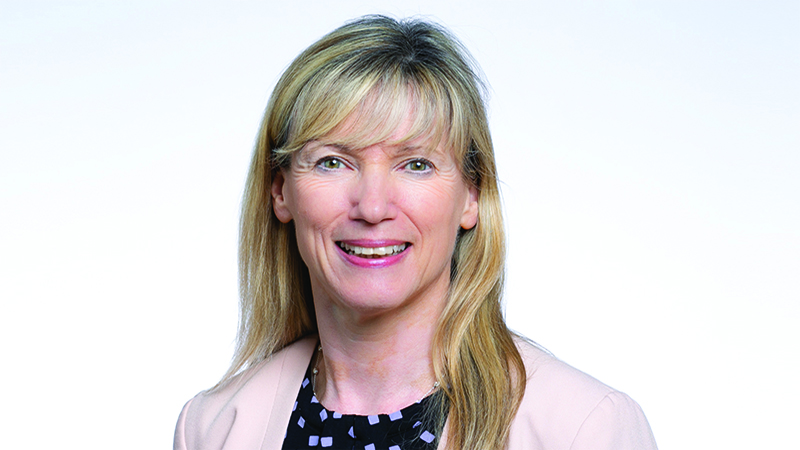Over half (54%) of financial advisers in the UK do not have a robust plan in place to deal with transfers of wealth or to retain clients once they inherit, according to a survey by Schroders.
Gillian Hepburn (pictured), intermediary solutions director at Schroders, said that UK advisers are worried for their businesses as they fear losing assets following a wealth transfer.
But despite this, only 22% of respondents claimed to have a strategy in place to attract and retain younger investors.
The percentage falls to 11% when it comes to women, despite widows generally being the first point of a wealth transfer.
Hepburn added: “As 60% of wealth in the UK will be in the hands of women by 2025 due largely to the baby boomer generation passing wealth from a husband to a wife, this is a challenge which we believe advisers cannot ignore as many of these widows choose to change adviser.”
Investments
On the investment front, 57% of advisers reported their client positions as bearish with risk of capital loss and inflation being two of the biggest concerns.
Around 69% added they will expect to adjust investment plans as a result of the cost-of-living crisis.
This attitude has also entered the ESG space, following the disappointing performance of some growth-oriented sustainable funds, said Doug Abbott, head of UK intermediaries at Schroders.
As a result, intermediaries are looking for greater diversification within sustainable propositions to make up for the current market situation.
Hepburn said: “As financial advisers once again find themselves having to adapt to a rapidly changing investment landscape, the importance of ESG and stewardship as a means of mitigating against unforeseen risks has been thrown into sharp focus.”
Portfolio management
The survey also noted a rise in advisers outsourcing investment activities as well as greater interest in multi asset funds.
Since 2021, 17% more advisers are using outsourced portfolio management, with just 6% making less use of the service.
At the same time, when asked about multi-asset allocation, some 22% were looking to increase it.
Abbott added: “The results of this year’s Schroders’ Pulse Survey, which broadly highlight the return of market uncertainty, will come as little surprise to anyone given the macroeconomic and geopolitical context that has characterised the year to date.
“As financial advisers seek to navigate this, they will be keen to identify ways in which they can mitigate against risks and capture market opportunities where they can for their clients.
“It is therefore pleasing to see they are continuing to recognise the benefits of outsourcing their portfolio management, with the Schroders’ Pulse Survey showing the number of advisers reporting that they increased their use of outsourced solutions has risen.”
Regulation
As the Financial Conduct Authority (FCA) gears up for the publication of the Consumer Duty rules by the end of July 2022, with full implementation by the end of April 2023, advisers are unsure what to expect.
Over half (53%) said they are not sure what impact the latest regulation will have on their businesses, and are likely to wait until the final version is made public before they take any action.
Some 30% are not concerned at all about the impact the Consumer Duty will have on their business, while 17% admitted to being worried about the implications it may bring.
This article first appeared on our sister publication International Adviser.







